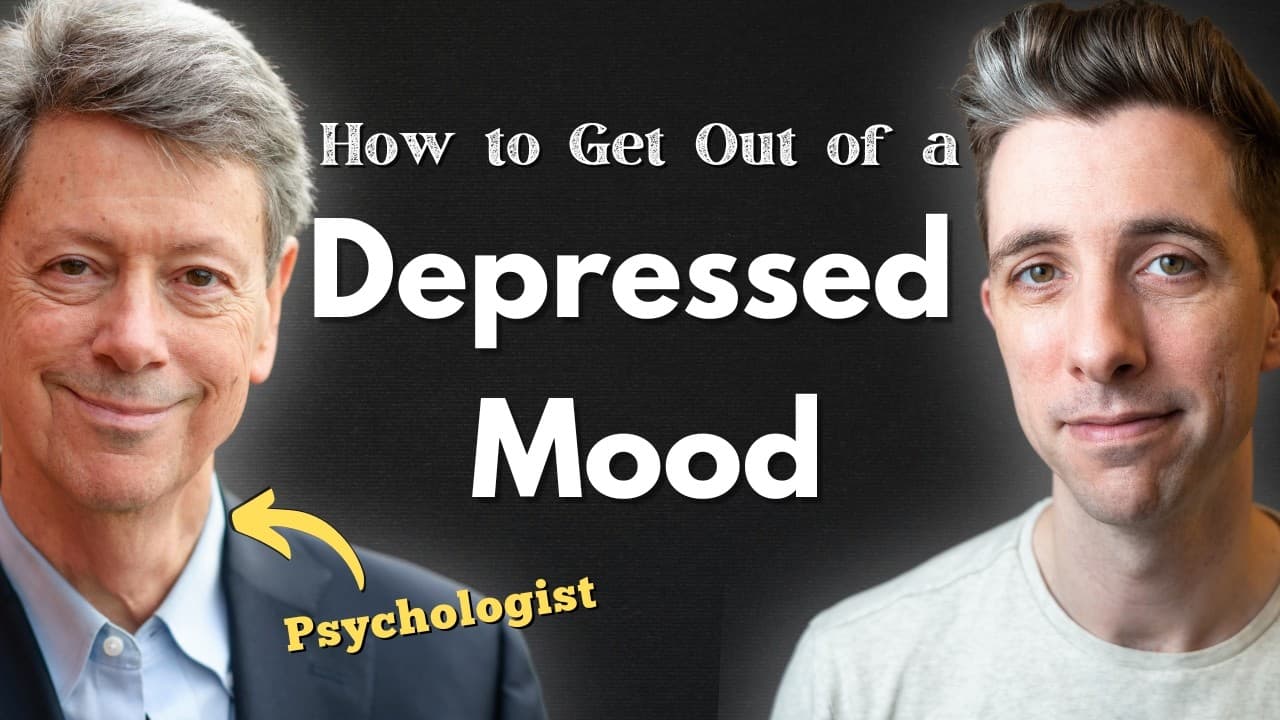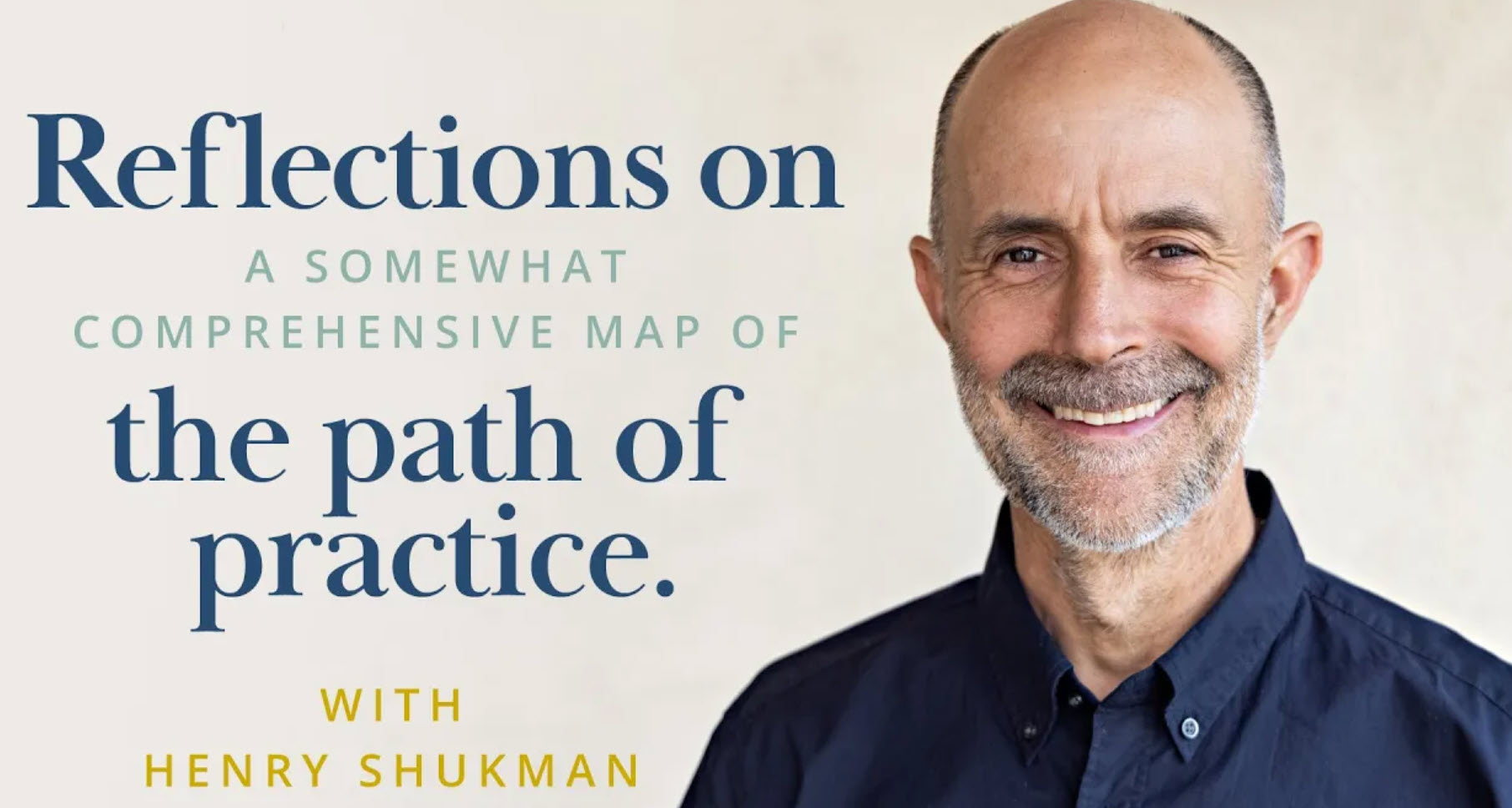What are you saying?
The Practice: Speak wisely.
Why?
“Sticks and stones can break my bones, but words will never hurt me.”
Ah, not really.
Often it’s words – and the tone that comes with them – that actually do the most damage. Just think back on some of the things that have been said to you over the years – especially those said with criticism, derision, shaming, anger, rejection, or scorn – and the impacts they’ve had on your feelings, hopes and ambitions, and sense of yourself.
Words can hurt since the emotional pain networks in your brain overlap with physical pain networks. (The effects of this intertwining go both ways. For example, studies have shown that receiving social support reduces the perceived intensity of physical pain, and – remarkably – that giving people Tylenol reduced the unpleasantness of social rejection.)
Besides their momentary effects, these hurts can linger – even for a lifetime. The residues of hurtful words sift down into emotional memory to cast long shadows over the inner landscape of your mind.
Plus they can alter a relationship forever. Just think about the ripple effects of things said between parents and children, from one sibling to another, or among in-laws. Or between friends. For example, a good buddy once castigated me morally when we disagreed politically. We tried to talk it through, but the fact that he showed he could indeed go to that place led me to take a step a back; we’re still friends, but our relationship is smaller now since I steer clear of some major subjects.
So do what you can to protect yourself from hurtful words from others. Prevent them in the first place, if possible, by “talking about talking” with others (perhaps share the guidelines below). If that doesn’t work, try to see the underlying pain and needs that could have triggered them to “let’er rip,” put their words in perspective, turn toward resources in yourself and in your true friends, and shift the size or nature of the relationship if that’s appropriate (and possible).
And on your own side of the street – because you have much more influence over yourself than you have over others – speak wisely.
Get Tips Like This Delivered Right to Your Inbox
You can unsubscribe at any time and your email address will never be shared or sold.
How?
I’ve gotten a great deal of personal value from six guidelines offered 2500 years ago by the Buddha; you’ll recognize their essence – sometimes expressed in the same words – in other traditions or philosophies.
From this perspective, wise speech always has five characteristics. It is:
- Well-intended – Comes from goodwill, not ill will; constructive; aimed to build up, not tear down
- True – Not overstated, taken out of context, or blown-up out of proportion
- Beneficial – Helps things get better, not worse (even if it takes a while)
- Timely – Not driven by impulsivity; rests on a foundation that creates a good chance of it being truly heard
- Not harsh – It could be firm, pointed, or intense; it could confront mistreatment or injustice; anger could be acknowledged; but it is not prosecutorial, nasty, inflammatory, dismissive, disdainful, or snarky.
And if possible, it is:
- Wanted by the other person – If they don’t want to hear it, you may just not need to say it; but there will be other cases when you need to speak for yourself whether the other person likes it or not – and then it’s more likely to go well if you follow the first five guidelines.
Of course, there is a place for talking loosely with others when it’s comfortable to do so. And realistically, in the first moments of an argument, sometimes people stray out of bounds.
But in important, tricky, or delicate interactions – or as soon as realize you’ve gone over the line – then it’s time to communicate with care, and with wisdom. The six guidelines do not guarantee that the other person will respond the way you want. But they will raise the odds of a good outcome, plus you will know in your heart that you stayed in control of yourself, had good intentions, and have nothing to feel guilty about later.
Reflect on the six guidelines as you consider how to approach an important conversation. Then, be natural: if you simply speak from your heart, have good intentions, and keep returning to the truth as you know it, it is hard not to speak wisely! If things get heated, stay grounded in wise speech; be clear that how you speak your own responsibility, no matter what the other person does. If you stray from the guidelines, acknowledge that to yourself, and perhaps to the other person.
With time and a little practice, you will find yourself “speaking wisely” without consciously thinking about it. You might be amazed at the powerful, assertive ways you can communicate within the frame of the six guidelines; consider the well-known examples of Gandhi, Mother Teresa, and Dr. Martin Luther King, Jr.
And – for a little bonus here – how about practicing wise speech in the way you talk to yourself?!
Know Someone Who Could Use More Wise Speech?
Use the buttons below to share this article via social media or email.



